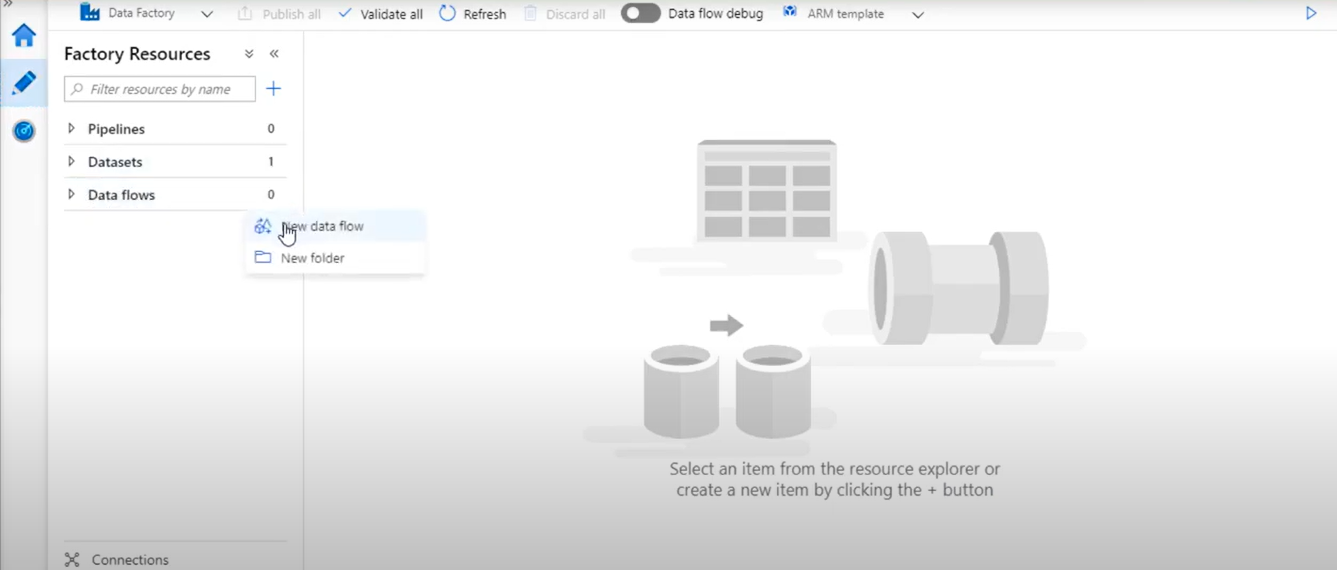A transaction is a logical unit of a work. There are few ways in implementing transactions. Either you can implement it in your T-SQL Statements or inside of the program logic. There are two ways in implementing in the .net programming code you can use DbTransaction Object or TransactionScope.
I would implement here TransactionScope class.
It creates a standard transaction called a “local lightweight transaction” that is automatically promoted to a full-fledged distributed transaction if required. You can use even multiple connection objects if you have to update tables in two databases.
First have to import System.Transactions namespace.
public void CreateTransactionScope()
{
SqlCommand ObjCmd = new SqlCommand();
try
{
// TransactionScope object defined here
// TransactionScope object defined here
using (TransactionScope Scope = new TransactionScope())
{
{
// _ConnectionString is the Class globally defined string value for the
database connection string
database connection string
using (SqlConnection Sqlcon = new SqlConnection(_ConnectionString))
{
Sqlcon.Open(); // Opening the connection
// Assign Connection Object to SQLCommand Object
ObjCmd.Connection = Sqlcon;
//SQL Statement to execute
ObjCmd.CommandText = "INSERT INTO TBL_EMOPLOYEES VALUES('"+ "001"
+"', '"+ "Pathum Tiranga" +"','"+ "01/01/2011" +"')";
+"', '"+ "Pathum Tiranga" +"','"+ "01/01/2011" +"')";
ObjCmd.CommandType = CommandType.Text;
//Execution happen here
ObjCmd.ExecuteNonQuery();
}
/* At the ending of the Scope of the Transaction Scope commiting the
transaction was done
If couldn't reach this statement all above datachanges happened to one
or more tables will be RolledBack
transaction was done
If couldn't reach this statement all above datachanges happened to one
or more tables will be RolledBack
*/
Scope.Complete();
}
}
/* If an exception is thrown within the TransactionScope object’s using block,
the transaction aborts, and all work is rolled back. */
catch (Exception ex)
{
throw ex;
}
}



